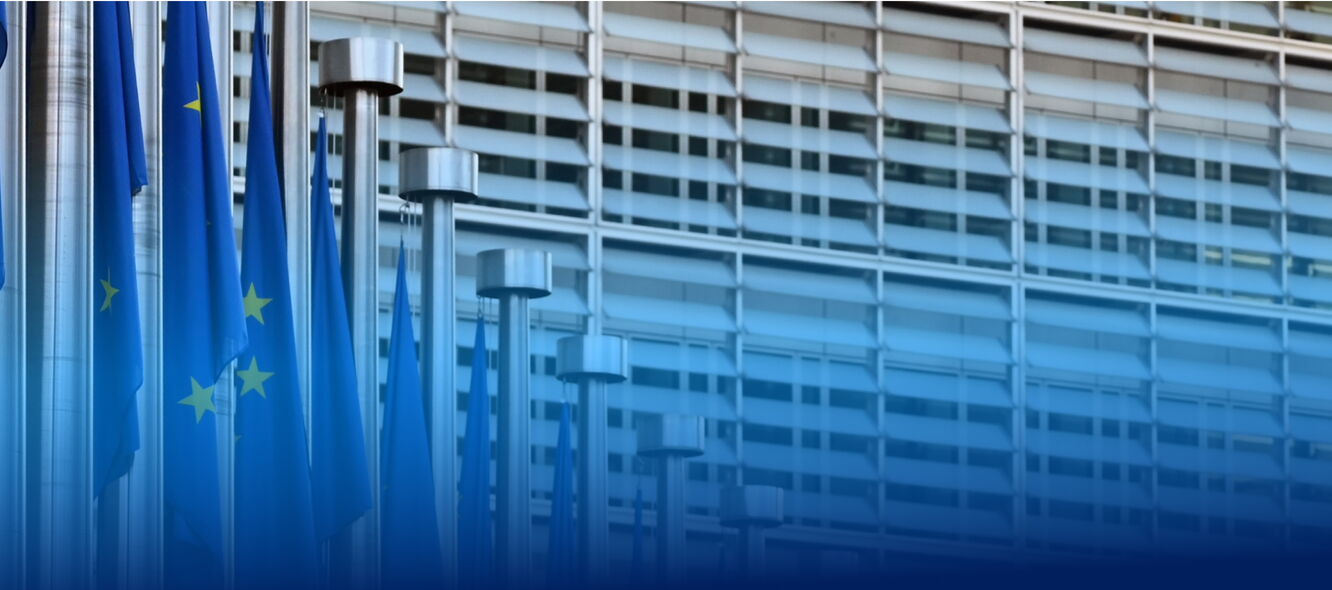

Details
- One-year Fellowship Programme with scientific support
- Exchange with European partner organisations and mentors
- Annual Summit in Aachen for dialog with decision-makers
- Research grant of up to € 25,000
- The Academy connects young talents with leading players to develop innovative ideas for the future of Europe.
As a contribution to European integration and for the exchange of the young generation in Europe, the Charlemagne Prize Academy aims to identify future challenges and problems of European society and, by awarding research fellowships annually, to develop approaches to solutions at an early stage, which are discussed in dialogue with representatives from science, politics, business, and the public to determine their feasibility and practicability.
The Charlemagne Prize Fellowship is an endowed one-year non-resident programme of the European Charlemagne Prize Academy, addressing European junior researchers, next-generation policy experts, innovators, and thought leaders that work toward a better European Union.
The Fellowship includes a stipend of up to € 25,000 per research project. With the grant, our Fellows are offered the opportunity to conduct an independent research project individually or in a group. We highly encourage applicants to look for a suitable host institution that could provide a work place and research facilities at the preferred location during the Fellowship. In addition, the Fellow can choose to implement their project with the help of a self-selected mentor. During the Fellowship Programme, the Fellows are able to travel and network with experts and international and European decision-makers, and to present the research results in the final annual publication as well as in front of a large audience at the concluding conference summit. A unique aspect of the Fellowship is the connection with former Charlemagne Prize Laureates and the participation at the Charlemagne Prize award ceremony in Aachen in spring.
Timetable
Who are we looking for?
We look for projects and research questions that go beyond mainstream issues. These projects explore visionary ideas, analyse emerging developments, and offer solutions to current and future challenges.
Our Annual Focus Topic 2025/26
Shield or Share: How to Navigate Europe in Times of Division?
Europe is confronting a historic juncture, marked by shifting geopolitical alliances, economic volatility, resource scarcity, and urgent demands for digital sovereignty and sustainability. We invite bold, cross-disciplinary research proposals that investigate how Europe can strategically “shield” its foundational interests while responsibly “sharing” values, alliances, resources, and objectives in times of combined pressure.
The following points are intended to inspire and stimulate research projects that we would be delighted to support with a research grant in the upcoming academic year:
- New Global Landscape: How can Europe recalibrate its foreign and economic partnerships across the EU, NATO, the "Global South", and other strategic blocs to balance autonomy and alliance?
- Economic Resilience and Resource Security: In the face of inflation, supply chain fragility, and global competition, how can European economic systems distinguish themselves and buffer the continent? What strategies can ensure innovation, production, and access to critical raw materials—such as rare earths, semiconductors, or green energy components—without compromising values or creating dependency?
- Digital and Ecological Transformation: How can resilience be embedded in digital and environmental frameworks? What infrastructure—from cyber capabilities to data platforms—must Europe build to preserve democratic integrity in an AI-driven world? How can Europe lead actions towards sustainability and nature conservation?
- Preparing for the Next Crisis: How might Europe respond to escalating ideological pressure, future pandemics, or demographic shifts? Which emerging vectors warrant immediate attention and research?
- Cutting-Edge Research: How does your research endeavour position Europe as a top-tier research haven? How can Europe, amid current transformations, tangibly create to outcompete on the global stage and lead through innovation?
Your project could explore:
- strategies and reforms that strengthen Europe’s technological, ecological, and economic stance,
- novel models for pan-European ecosystems,
- community-based or artistic interventions showcasing digital democracy, climate smart resource use, or civic resilience,
- individual innovations shaping Europe’s future,
- hands-on, applied research developing concrete, scalable solutions across sectors,
- ... and much more.
We seek visionary thinkers, from engineers and economists to artists and philosophers, with both intellectual rigor and actionable ideas, eager to explore issues relevant to Europe’s future. We are looking for outstanding early-career researchers whose projects anticipate public discourse and develop solutions ready to be deployed as challenges arise.

Application Process
We highly encourage graduates from all academic fields, young professionals, and employees of scientific, political or public institutions and organisations to hand in their research ideas for the research year. The application period will run from 1 July to 17 August 2025.
You will need to upload the following documents in English:
- Your CV (pdf) - mandatory
- Your Research Proposal (pdf) - mandatory
- Supporting documents, references, and certificates (as one pdf file) - optional
FAQs
Application
Uploads
Interviews and Selection
Programme Schedule
If you have any further questions, please do not hesitate to contact us via
academy@karlspreis.de.




